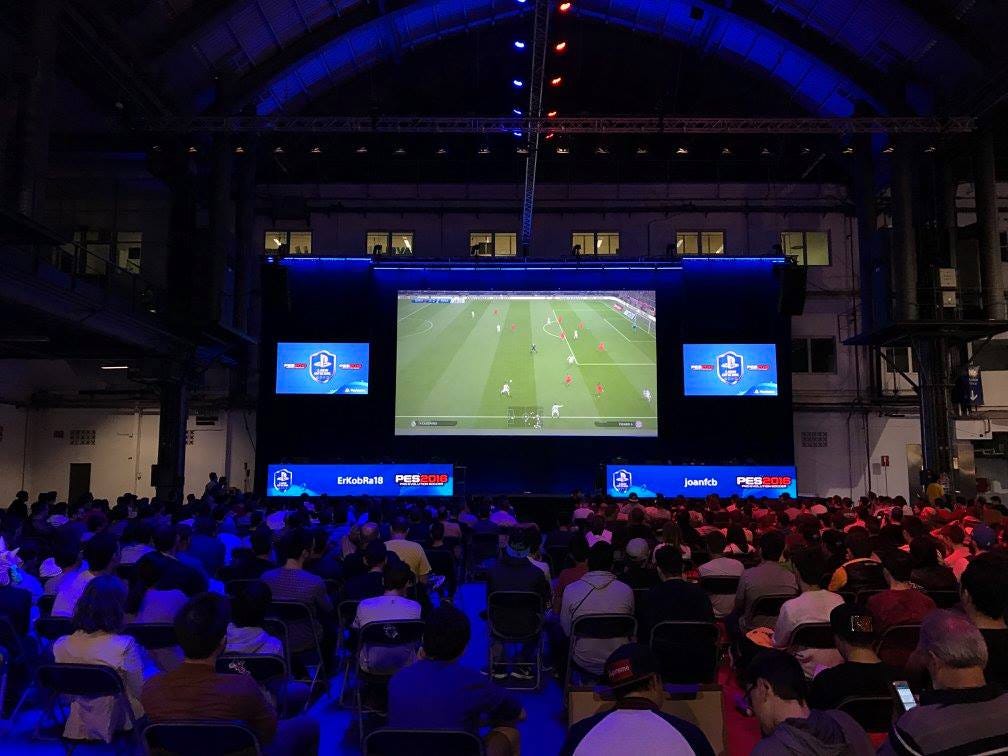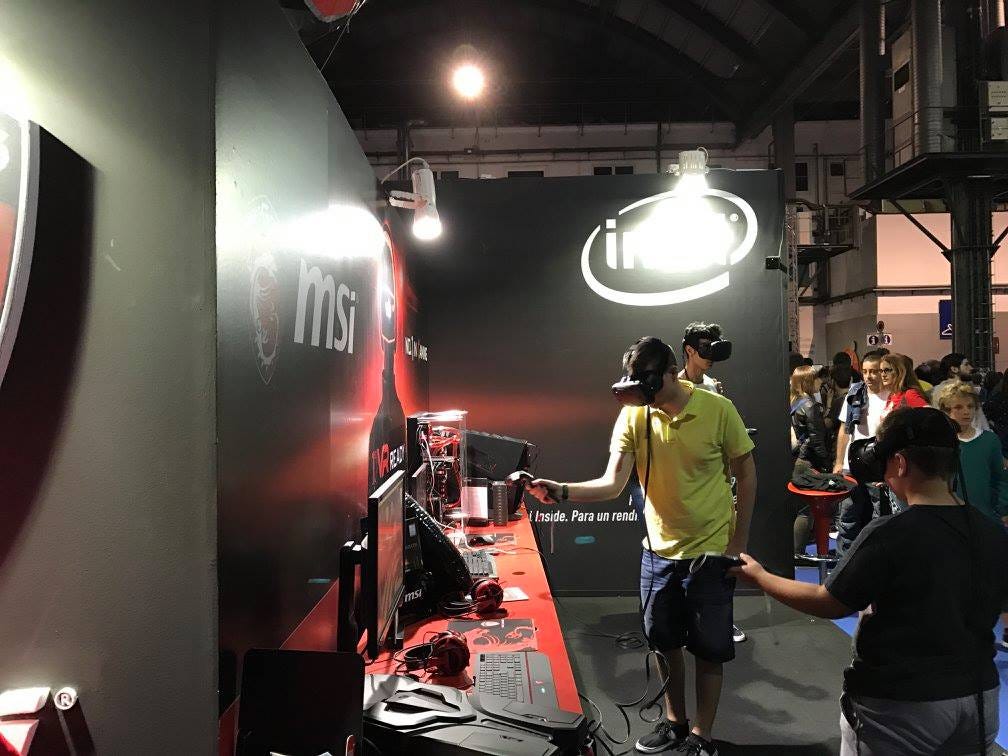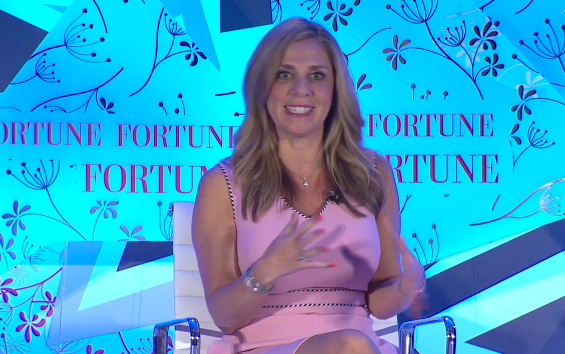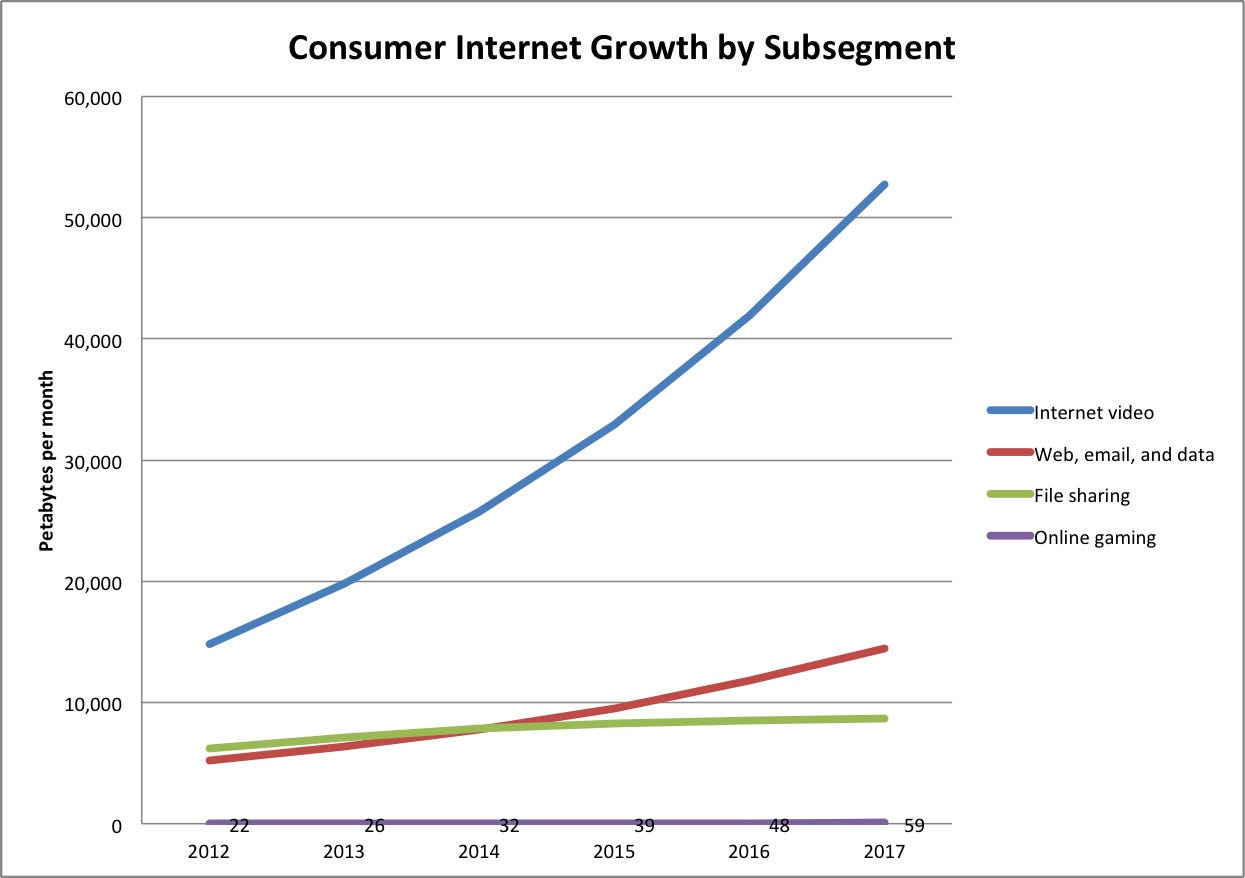A lot of Spanish entrepreneurs go to the US to expand their markets. It’s normal, it’s the right thing to do for most companies. But usually you take with you a portfolio of achievements and milestones from the country you started up in.
Not EDpuzzle, according to co-founder and CTO Santi Herrero.
We started from scratch at ImagineK12, now part of Y Combinator where big companies like Dropbox and Airbnb were born. We applied with an idea, but without any line of code at all. The idea we had when we moved to San Francisco was that we needed to build a tool that allowed teachers to make any video their lesson.
The Barcelona startup combines simple video-editing tools with analytics so that a teacher can take a video and make it personal for their classrooms.
The teachers can take already existing videos from Youtube, Khan Academy, Crash Course, etc. or upload your own, and then enable self-paced learning with interactive lessons, adding their voice and questions along the video.
Not global from day one
Experts often say that you need to have a global mindset from the first day, no matter where you start your venture.
And even though EDpuzzle hoped their product could reach a global audience, and today is used in 150 countries by 6 million users, the first focus was very local, says Herrero.
Our initial approach was to connect with 10 very interested and energetic teachers to learn from them as much as possible. This way we would get a lot of very vital information for the development of the product. Those teachers ultimately became some of our biggest evangelists.
After three months and demo day at Y-combinator, EDpuzzle had several interested investors in the US, so not long after returning to Barcelona, a part of the team went back to start raising a seed round which resulted in $800.000.
The CTO and co-founder thinks their very local focus helped them create a better global product, compared to if they went straight for the masses.
To really learn from your users you need to be very close to them, you can’t retract everything from analytics etc. After we got the validation we needed from several teachers, we started driving around in the US to all the education events we could find, and talk to as many teachers as possible. That’s how we grew.
Barcelona + San Fransisco
Even though parts of EDpuzzle’s team have been in San Fransisco from day one, the development of the product has been done from Barcelona.
Our competitive advantage is that we can hire great developers from our network in Barcelona, with a lower cost than in San Fransisco, and create a great product from here.
Says CTO Herrero who is hiring people in all kinds of positions after the company closed $3 million in their series A this August.
It makes a lot of sense for us to divide the business between Spain and the US, because our biggest market is in the states. I can’t say that this is the right thing to do for everyone, but the US market is easier to enter and people are open to new solutions, especially in the Edtech sector.
Keeping it simple
From the beginning EDpuzzle valued keeping their product as simple as possible.

Both their product and their landing page reflect this value of simpleness.
They said it’s about knowing their audience, and that the last thing a busy teacher needs, is spending time on learning a new complicated tool.
In a matter of days they’ll release their android app, so students can consume their teachers’ videos no matter if they have a computer at home, or not.
We are now in 1/4 schools in the US, but our goal is to be in all of them.
………………………
This post was written by Sindre Hopland, media manager at itnig.





